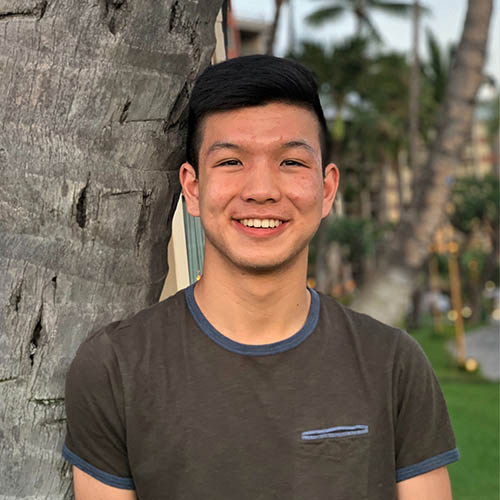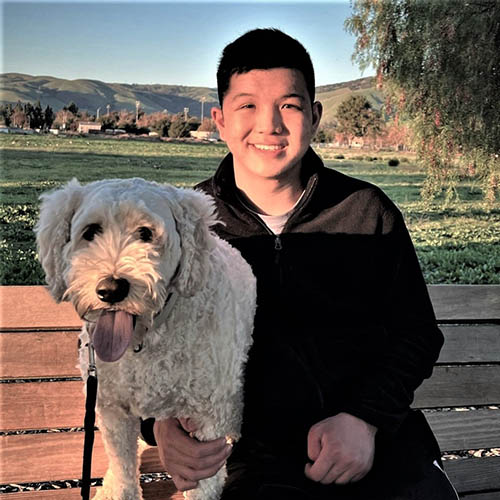After a Stroke, Computer Science Student Finds His Algorithm

At just 20 years old, Mingjia Wang had the shock of his life. One morning he was lifting weights at the gym, but by afternoon his left arm was numb, and his face began to droop. “I also had the worst headache of my life,” he recalled. Within hours he was in surgery for a craniectomy.
Mingjia suffered a stroke, quite a jolt for this A student who dreams of becoming a software engineer in Silicon Valley. As a sophomore at the University of California at Irvine, he was adept at writing code and deciphering algorithms. Suddenly his world imploded. “In the blink of an eye, I'd lost my friends, my school, and the life I had ahead of me,” he said.
His stroke caused hemiplegia (weakness on one side of the body), loss of peripheral vision, and physical injuries requiring a wheelchair. “It was so shocking, especially at my age,” he reflected. But now, after 150 days of intensive therapy at Centre for Neuro Skills’ San Francisco clinic, he’s walking, speaking, and conquering the code universe.
Case Manager Albert Santa Cruz said that Mingjia’s ample rehabilitation time provided a foundation for his return to life post-injury. He will discharge on Feb. 11. “Those 150 days allowed the team to help him accomplish so many goals without having to worry about authorization and deadlines,” he said.
While in the inpatient program, Mingjia moved into a CNS apartment, where his journey began. “Thanks to the kindness of these people, my transition was smooth, but they kept me busy,” he recalled. Mingjia soon learned new life skills.
 “I didn’t know there was an art to grocery shopping,” said the star programmer. In short order, meal planning and cooking became second nature. He calls them “adulting skills,” capabilities training that CNS offers to promote independence. His other deficits were addressed too: speech, cognition, and physical impairments. Counseling helped him understand stroke and the road ahead. As his treatment goals were met, he bonded with staff.
“I didn’t know there was an art to grocery shopping,” said the star programmer. In short order, meal planning and cooking became second nature. He calls them “adulting skills,” capabilities training that CNS offers to promote independence. His other deficits were addressed too: speech, cognition, and physical impairments. Counseling helped him understand stroke and the road ahead. As his treatment goals were met, he bonded with staff.
“They have fun teaching patients, so the patients have fun too,” he observed. “The months flew by, and I started to consider these people my family. It’s a tightly knit community.”
That community will be with him in spirit as he returns to college in the fall. “When I set foot on campus, I'm probably gonna burst into tears, you know?”

